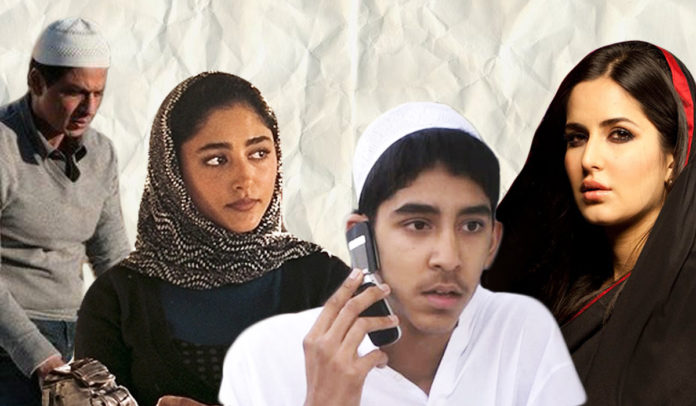I was once talking to one of the co-producers of Shoaib Mansoor’s 2017 rape survivor film, Verna. Our conversation was more of a complaint from my side on how the director has continuously; from Khuda Kay Liye to Bol, to now Verna, portrayed Pashtuns in a stereotypically negative way.
The co-producer, however, believed that people identify more with characters when they are shown in more conventional (read stereotypical) ways than those which are relatively unknown to them. This partially convinced me but not to the extent where I would drop my concerns.
Stereotyping in films or dramas is not just a problem in a small industry like that of Pakistan. The biggest culprits of this are in fact two of the biggest film producers of the world, i.e., Hollywood and Bollywood.
We don’t know if it’s their intellectual laziness or the fact that till 2015, Pakistan wasn’t that open to the world because of its internal issues. But the portrayal of the country in almost all forms of foreign media and entertainment has been quite one-dimensional, negative, and simply untrue.
It was only recently that the Indian directors stressed on a point that Pakistan needs to be depicted with respect in their films, but the point of stereotyping remains to be addressed. If you have any confusion, here are some examples.
1. Love for Topi and Red Kufiya
 According to Veer Zara and the Oscar, BAFTA, and Golden Globe winner, Salam e Ishq, whether a Pakistani man is strolling through Lahore’s Anarkali Bazaar or the historic railway station, he can’t leave home without his beloved Topi on the head and the red Saudi Kufiya on his shoulders.
According to Veer Zara and the Oscar, BAFTA, and Golden Globe winner, Salam e Ishq, whether a Pakistani man is strolling through Lahore’s Anarkali Bazaar or the historic railway station, he can’t leave home without his beloved Topi on the head and the red Saudi Kufiya on his shoulders.
Pakistani fashion police and the Sharia Law make it mandatory to dress this way, and if someone doesn’t obey, they are flogged and stoned to death.
2. Beard Not Gillette, is the Best a Man Can Get
According to Hollywood and Bollywood, Pakistani men not only use the beard as a general terror tool, but they also exploit it for economic terrorism. It was actually Pakistani men who popularized beards, making it the hottest feature of a man’s body and ultimately causing huge falls in Gillette’s share prices across the world.
And the beard we are talking about is of course, without a moustache, because that, my friend, is Haraam.
3. No Word but the Word ‘Janaab’
It is considered blasphemy in Pakistan if a person is found speaking in an accent other than a Lakhnavi style Urdu. The 210 million people in the nation can’t breathe if they don’t use the word Janaab in every sentence they utter.
We love this word so much so that we have coined similar words like jaan, jaanaza, janaan, and janaabat, so that every time we say these words, we are reminded of our national word Janaab.
4. Mud Houses for Life
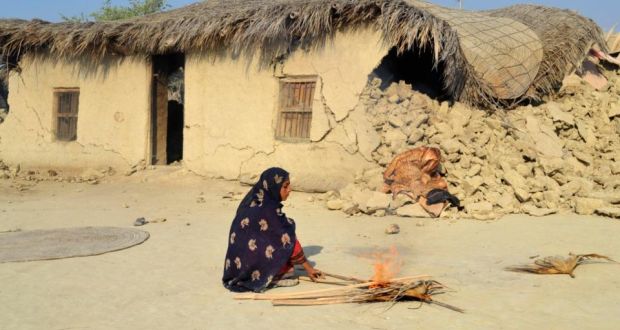 Pakistanis live in mud houses, don’t have the second world luxuries like shopping malls, cinemas, universities, and McDonald’s. Our favorite food is Naan along with some whole lamb BBQ cut into large pieces, which we always eat sitting on the floor since what is even a dining table?
Pakistanis live in mud houses, don’t have the second world luxuries like shopping malls, cinemas, universities, and McDonald’s. Our favorite food is Naan along with some whole lamb BBQ cut into large pieces, which we always eat sitting on the floor since what is even a dining table?
We also play cricket to entertain ourselves and watch Bollywood movies on our VCRs, because again, cinema aur shopping mall kisney dekha hai Janaab? All Pakistanis also have names like Gulfam and Mahrukh or something inspired by the famous cricketers, generals, politicians and terrorists of the time.
We are basically Turkic people who look like Punjabis – and Biharis if Pashtuns – dress like tribal Pashtuns, eat like Arabs, dance like Tajiks and listen to modern Iranian folk songs.
5. Death to America, Hugs for Shahrukh
 We hate every Indian and every white man just because they have eight eyes and we have two. They have Bollywood and Hollywood and we are doomed to watch Ali Zafar, Fawad Khan, and Humayun Saeed on our big and small screens.
We hate every Indian and every white man just because they have eight eyes and we have two. They have Bollywood and Hollywood and we are doomed to watch Ali Zafar, Fawad Khan, and Humayun Saeed on our big and small screens.
They have Modi Jee and Trump, and we don’t have any populist warmongering political leader (aww, sad life).
6. Kashmir Banega Pakistan, Janaab
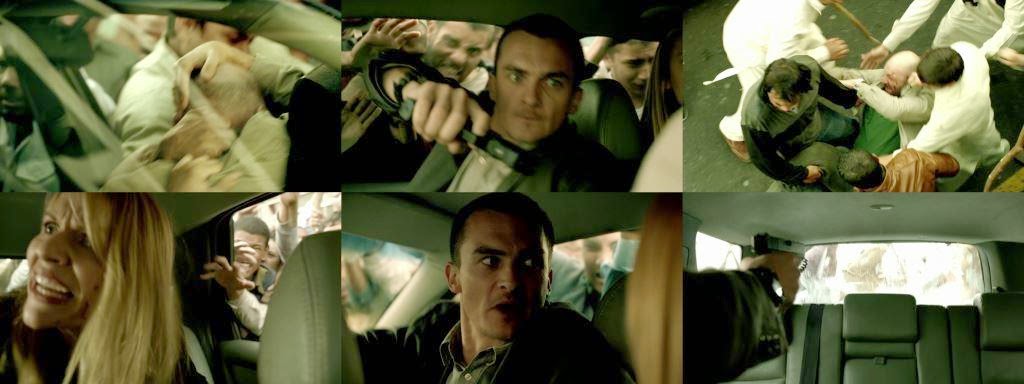 If we find an Indian man in Pakistan, the only topic of discussion would be Kashmir and Bollywood (Aman Ki Asha, Sarfarosh, Dil Pardesi), and since we don’t know English, we won’t talk to any white man, so we just kill them, or they casually kill us if we get too close.
If we find an Indian man in Pakistan, the only topic of discussion would be Kashmir and Bollywood (Aman Ki Asha, Sarfarosh, Dil Pardesi), and since we don’t know English, we won’t talk to any white man, so we just kill them, or they casually kill us if we get too close.
7. Sati Savitris All Around
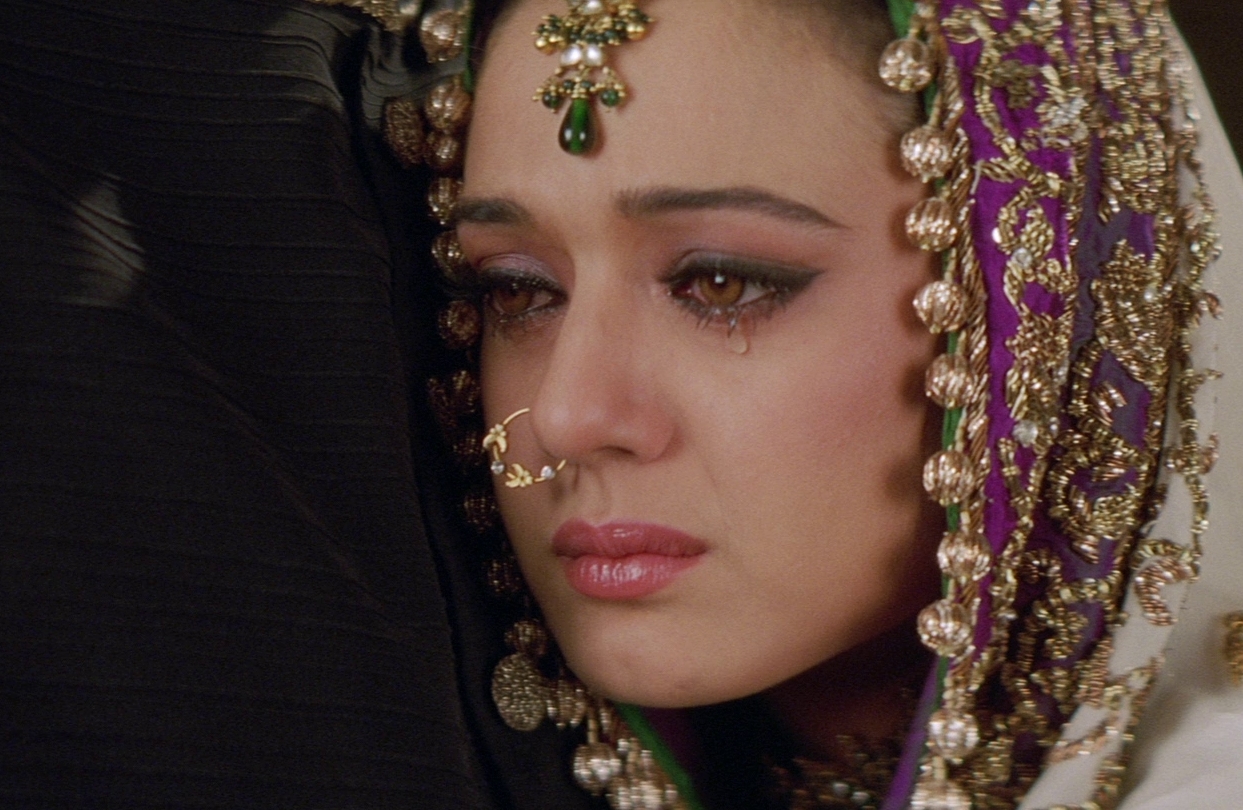 All of the Pakistani women are housewives and have arranged marriages. Not only that, Pakistani women invariably don veils and the only parallel that could be drawn to their oppression is that of Jews in Hitler’s Era.
All of the Pakistani women are housewives and have arranged marriages. Not only that, Pakistani women invariably don veils and the only parallel that could be drawn to their oppression is that of Jews in Hitler’s Era.
It was Pakistani women who inspired terms like “satti savitri” in subcontinent’s literature (depicted very accurately in Veer Zara and Ghadar: Ek Prem Katha). They don’t have a choice other than getting married in their early teens or late twenties as per the wishes of their parents and ultimately giving birth to children every nine months.
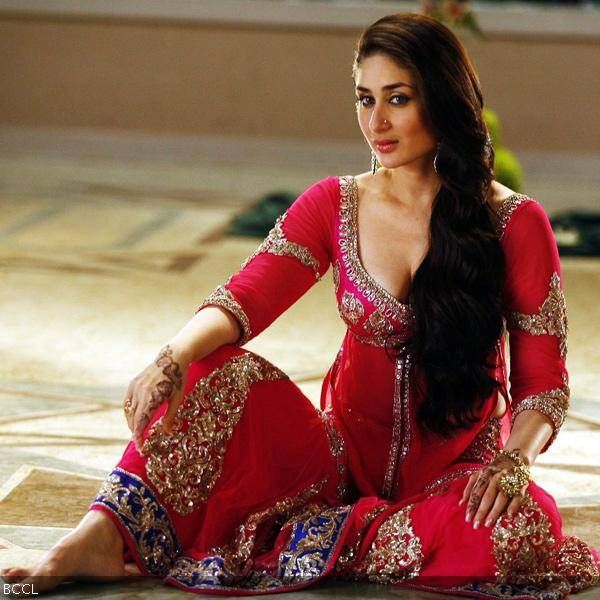 Well, it’s either that or Mujras for our women, basically.
Well, it’s either that or Mujras for our women, basically.
8. Indian Men for Love
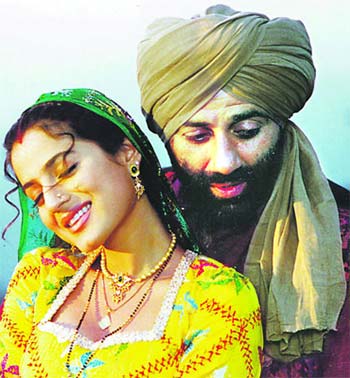 Pakistan only has Muslim girls whose purpose in life is always to fall in love with a Hindu or Sikh man who came especially for her from India (Hina, Veer Zara, Ghadar).
Pakistan only has Muslim girls whose purpose in life is always to fall in love with a Hindu or Sikh man who came especially for her from India (Hina, Veer Zara, Ghadar).
Since all Pakistani men are bearded topi wearing losers, she is left with no choice but to fall in love with this saviour of an Indian man she meets.
While stereotyping may remain in our popular culture for some time; be it out of the necessity of the narrative or intellectual laziness, but it takes only a little research to get accurate with your facts.
Even the slow and steady shift from the mainstream Khans of Bollywood to Nawazuddin Siddiqui, Pankaj Tripathi, Irrfan Khan, and Manoj Bajpai hints at the fact that the audience has started appreciating more the content that is as close to reality as possible. Something that needs to translate into cross-national and ethnic identities in films and TV shows.
Disclaimer: This article is a work of satire.

